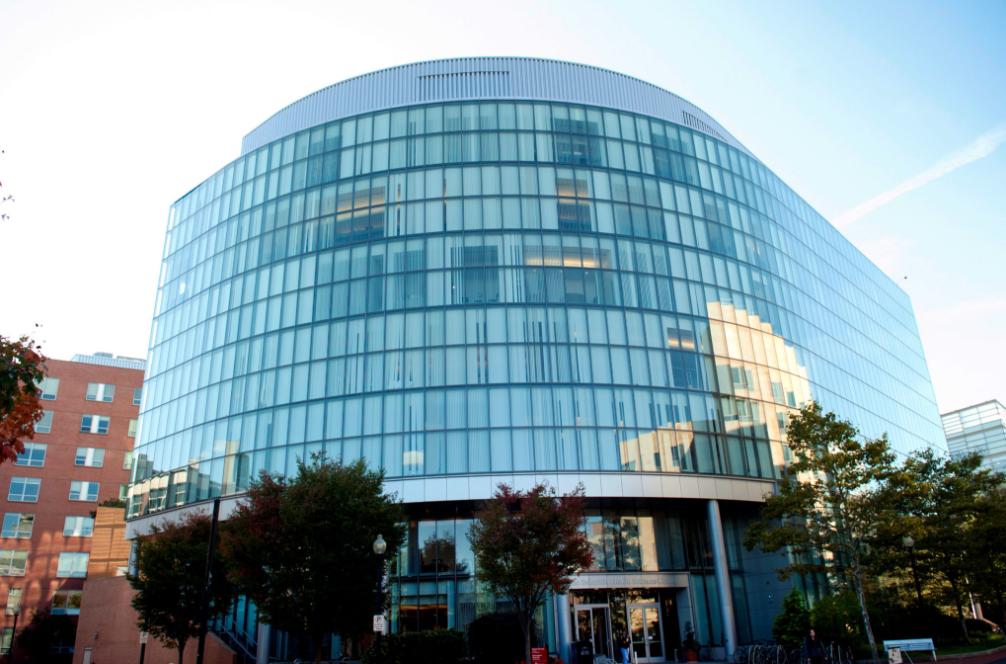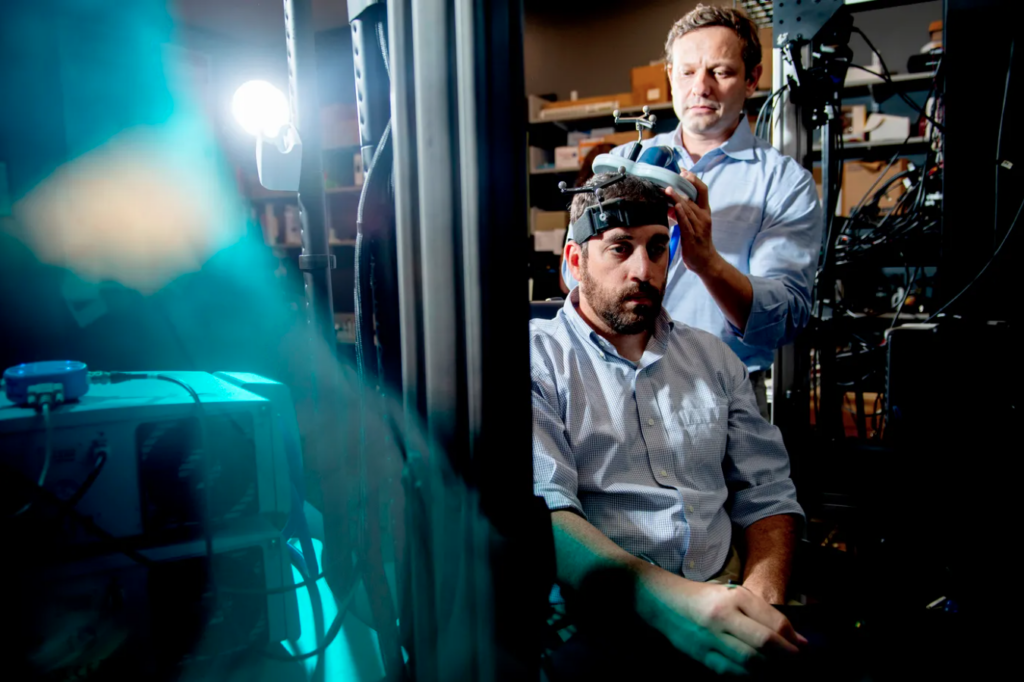Featuring: Neil Maniar, PhD, MPH | Associate Chair of Health Sciences, Professor of the Practice and Director, Master of Public Health Program
The COVID-19 pandemic highlighted the many gaps in the American healthcare system, but perhaps one of the most apparent was the use of public health technology. In this blog I am joined by Neil Maniar, Director of Bouvé College of Health Sciences’ Master of Public Health Program, to discuss what we learned about public health technology throughout the pandemic, what needs to be done to improve and advance it, and how we’re preparing our students to be the next generation of healthcare professionals.
The science of public health is taking knowledge and applying it to real-world settings to protect and improve the health of people and the communities where they live.
Public health technologies – data science, machine learning, apps utilizing artificial intelligence, connected health, etc. – are becoming more prevalent in the practice of public health. We saw an accelerated adoption of these technologies during the COVID-19 pandemic.
“These technologies are becoming part of the day-to-day delivery of healthcare so it’s important to understand not only how they can be integrated into the work we do, but how technology can be accessed and leveraged to tackle the long-standing disparities,” said Maniar.
“These technologies are becoming part of the day-to-day delivery of healthcare so it’s important to understand not only how they can be integrated into the work we do, but how technology can be accessed and leveraged to tackle the long-standing disparities"
Throughout the COVID-19 pandemic, it was clear that public health systems, processes, and professionals were not as up to date as needed. Our ability to rapidly and effectively respond to the pandemic was hindered because the integration of technology can be viewed as two separate but intersecting pathways. The first is making sure public health professionals have the proper skill sets and the right opportunities to develop the most state-of-the-art skills. The second is making sure we’re preparing the next generation of healthcare professionals to understand the importance of fully leveraging digital technology to lead innovation and to address our most deeply rooted public health issues, because skill sets, opportunities, and mindsets are intertwined.
Nothing is more impactful than public health. To improve public health and its technologies, we must think of humanity, technology, and data and how they intersect and work toward providing problem-based solutions.
While public health technologies are necessary for our future, Maniar says there are several things that we need to change so we can make the most of the technology available.
“First is the readiness of organizations and communities to be able to adopt these technologies.”
We need to prioritize improving digital equity, something that was vividly highlighted throughout the pandemic. This means ensuring communities have the proper infrastructure to support tech innovation and addressing the gaps that exist, i.e., having high-speed broadband, digital literacy, and ensuring that all are able to use it.
“We also have to acknowledge the ethical issues in terms of data generated and what’s done with those data and making sure we’re continuing to honor and build trust with individuals and communities,” said Maniar. “Making sure we’re putting ethical use of technology at the forefront of what we do.”
By making sure things are equitable and by addressing the needs of all individuals and all populations comes the opportunity to innovate.
Through our Northeastern University ecosystem, we’re able to bring together talents and sectors that need to be in the public health conversation so we can truly transform the landscape to help people live healthy lives.
“Focusing on public health technology aligns with the mission of Bouvé and healthspan, ensuring individuals can reach their optimal health,” said Maniar. “It really embodies the interdisciplinary approach we have in Bouvé, to do it and do it well, collaborating with different areas in health sciences, population health, etc.”
Our students have a range of opportunities, from capstones to practicums, to work with health technology companies and organizations to see how the tech is used to understand outbreaks. This knowledge helps us better respond to a public health crisis.
As a direct response to seeing the importance of the field within the practice of public health, Bouvé is launching a new concentration in public health technologies, making us one of the few schools in the country that has this innovative focus area.
“This embodies the innovative spirit of Northeastern and provides a big opportunity across Bouvé to really push the envelope in terms of innovation and in terms of how we think about technology in public health,” said Maniar.
Maniar reminds us that public health is not in isolation, it is in collaboration with communities. At Bouvé, we’re looking forward to further harnessing this great work and opening new opportunities for the Bouvé community, our students, and the communities we serve – as we strive for global impact in society.
This is the second post in our new blog series by Bouvé College Dean Carmen Sceppa, MD, PhD, FGSA. Stay tuned for more.




